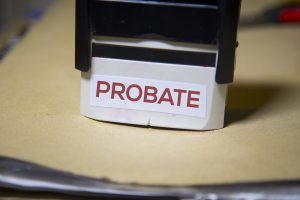The topic of probate can generate many different questions for people approaching the estate planning process but one of the most common is how can I avoid it. Probate is the legal process in New Jersey to determine whether a deceased individual’s will is valid and genuine. Probate can also determine who the beneficiaries are when a person passes away without a will by handling this within the court.
The probate courts are responsible for appointing an executor who has the authority to dispose of any of the assets either as outlined by the deceased’s will or by the court, in situations in which a person doesn’t have a will. There are three common ways that you can avoid the probate process including:
- Designating beneficiaries directly.
- Using joint tenancy with rights of survivorship.
- Using living trusts.
All of these can be extremely valuable strategies to outline a plan for you to pass on assets to your loved ones without the headache of having them go through the probate process. Probate can also be extremely public so putting together a trust can give you a layer of some privacy and also clarity about your plans that can be managed by the trustee when you pass away.
While some people may not be concerned about how probate is managed, it’s always a good idea to consider whether or not it makes sense to plan ahead to ensure things are as easy as possible for your loved ones. When you pass away, your family will be coping with the hardship of grief. You may be able to make things easier on them by charting out a process that avoids probate.
